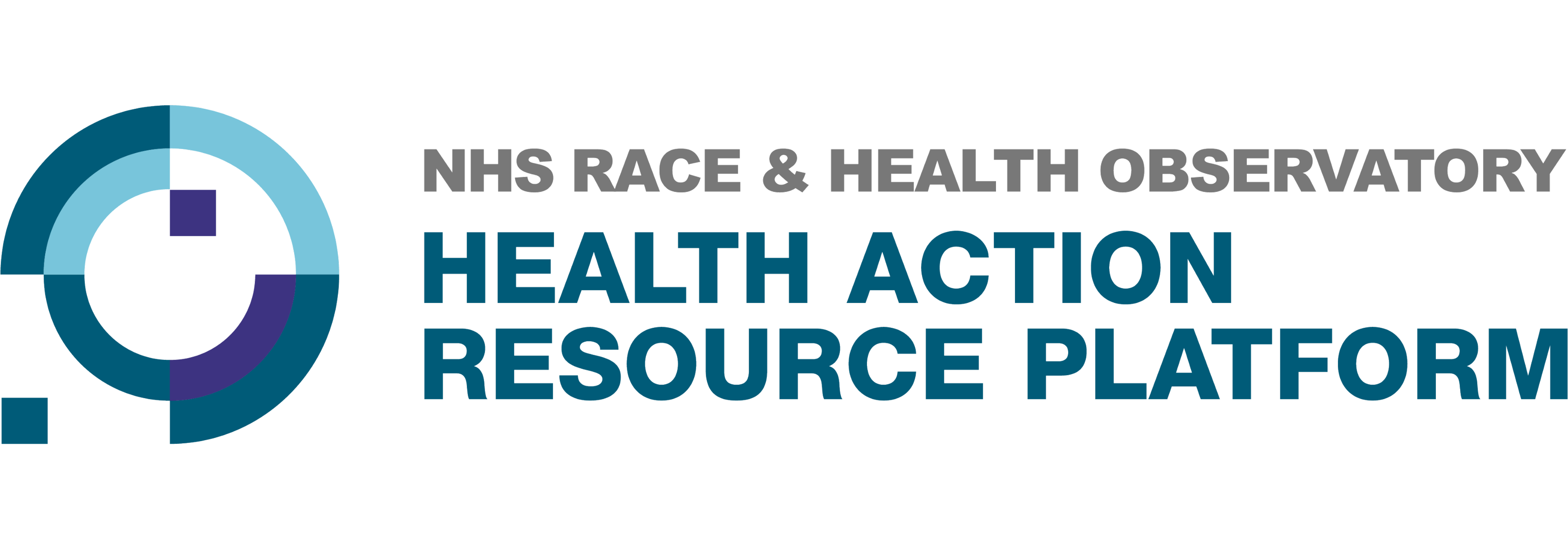Introduction
Respiratory disease is one of the most significant contributors to morbidity and mortality in the UK, with clear and persistent ethnic disparities in prevalence, outcomes, and access to care. People from Black and ethnic minority backgrounds are more likely to be exposed to occupational and environmental risk factors, experience delays in diagnosis, and have poorer outcomes in conditions such as Asthma, Chronic Obstructive Pulmonary Disease (COPD), and Lung cancer [1–3].
Structural inequalities, including housing, pollution exposure, and barriers to accessing care, contribute to this burden[1]. Despite improvements in respiratory care, these disparities remain under-recognised and under-addressed.
The NHS Race and Health Observatory and other bodies are increasingly recognising the need to act. Work is ongoing to improve data, tackle bias in diagnostic tools such as pulse oximetry, and ensure equitable access to respiratory services including specialist interventions and rehabilitation.
x2Admitted to hospital
Black and ethnic minority groups in the UK are nearly twice as likely to be admitted into hospital for Asthma and more likely to die from asthma than White people.
Source: Asthma and Lung UK
⇑ DiagnosisLung cancer
Black patients are more likely to be diagnosed at a later stage compared to White patients.
Source: BMJ Open- Relationship between ethnicity and stage at diagnosis in England
over estimationPulse oximetry bias
Studies show overestimation of oxygen saturation in people with darker skin tones, risking under-treatment
Source: NHS RHO, Pulse Oximetry and Racial Bias: Recommendations for National Healthcare Regulatory and Research Bodies
References
- [1]. British Lung Foundation. Briefing: Health Inequalities and Lung Disease. Accessed June 6, 2025. https://www.asthmaandlung.org.uk/sites/default/files/British%20Lung%20Foundation%20-%20Lung%20disease%20and%20health%20inequalities%20briefing.pdf
- [2]. Fry A, White B, Nagarwalla D, Shelton J, Jack RH. Relationship between ethnicity and stage at diagnosis in England: a national analysis of six cancer sites. doi:10.1136/bmjopen-2022-062079
- [3]. Office for Health Improvement and Disparities. Respiratory disease: applying All Our Health. May 2022. Accessed June 6, 2025. https://www.gov.uk/government/publications/respiratory-disease-applying-all-our-health/respiratory-disease-applying-all-our-health
